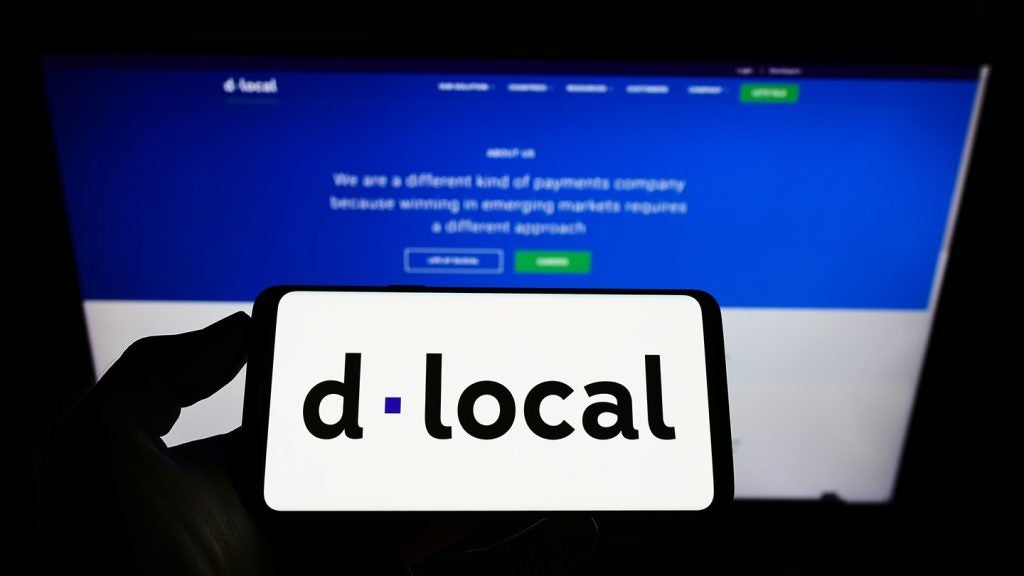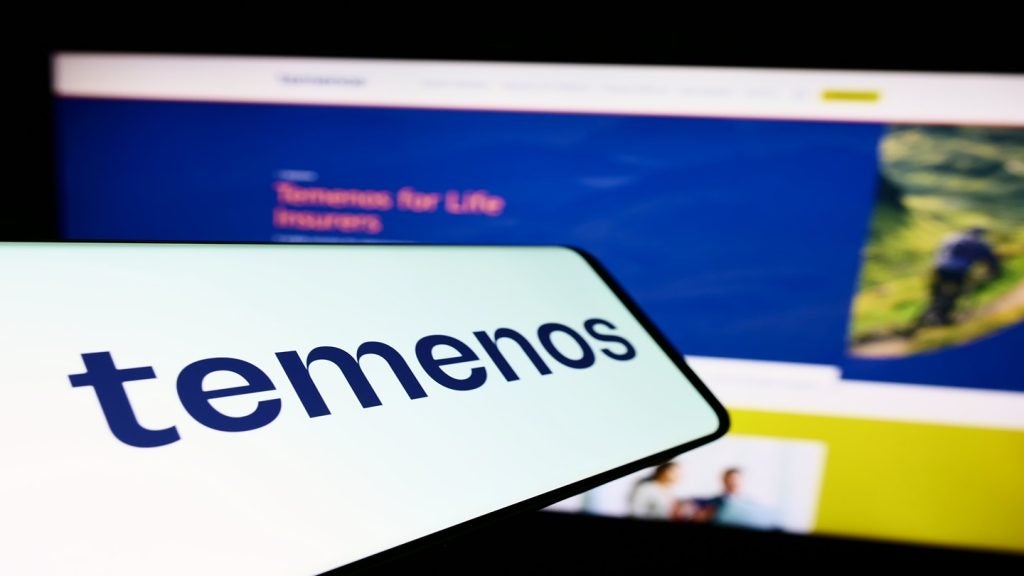have helped it become a market with rich opportunities for banks
and card issuers. After consistent credit card growth rates for
most of the decade, the industry now needs to turn its attention to
increasing debit usage in the continuing drive for profits.
William Cain reports.
feature of the Turkish consumer finance market, but debit has now
emerged as an area the top banks and associations are targeting for
growth.
one – cards in issue grew 15 percent in 2007, while transaction
volume grew 29.6 percent. But debit cards, still used by consumers
primarily to withdraw cash from ATMs, are now seen as an
opportunity to channel cash-based transactions back through the
banking system.
YTL140.3 billion ($114.3 billion) in 2007, but just YTL2.1 billion
of that was at the POS. Both the big card associations, MasterCard
and Visa, have identified debit as the next big opportunity in the
cards market. So, after nearly a decade in the race for credit card
customers, banks now look set for a different type of
challenge.
Visa country manager for Turkey, told CI: “There was YTL140
billion spent on credit cards at the point of sale in 2007 and
there is the same amount being used by debit cardholders at ATMs.
If we can somehow channel that back into the banking system,
everyone will win and we could double the market in cards.”
 There has been
There has been
relatively slow uptake of debit cards because they have been
largely seen by both merchants and consumers in the country as
teller cards, used to withdraw cash from ATMs rather than to make
purchases at the point of sale. A Visa survey found Turkish
consumers aged 15 to 50 used their Visa debit cards almost solely
to withdraw cash from ATMs and did not know they could use their
debit cards at the POS.
associations, banks and regulators to promote POS spending on
debit, limited progress has been made so far. One important driver
of this could be the extension of the country’s popular loyalty
programmes from credit cards onto debit.
Yapi Kredi, Turkey’s biggest credit card lender, recently
opened up its World loyalty programme to debit customers. It could
prove to be one of the first significant moves in migrating more
payments away from cash and onto cards.
market is not a big distinguishing feature among the top players.
They tend to focus instead on the convenience and benefits which
can be offered through loyalty programmes.
credit cards has made the country a lucrative source of income and
has attracted foreign banks including
Citi,
UniCredit,
ING,
GE and
HSBC. But how much longer those rates can be sustained remains
unclear as regulators have become increasingly critical of
them.
situ during 2007. Market shares in lending volumes altered little
among the top five, with Yapi Kredi maintaining the highest share
of 23.9 percent – although that fell from 25.7 percent in 2006.
Finansbank, the smallest of the big five in terms of credit
cards, registered the biggest increase, a jump of around 3 percent
market share in 2007, which it took mainly from Yapi Kredi.
Innovation
The most innovative features of the Turkish credit card market are
the ability to provide instalment loans through credit cards and
the sophistication of the country’s banks’ loyalty
programmes.
banks’ IT systems, which have been developed recently and are among
some of the most sophisticated in the industry. The country’s young
demographic profile also means it is more receptive than most to
technology improvements, which helps explain the popularity of
contactless, tap-and-go and mobile payment initiatives.
consumers to arrange what amounts to a structured loan agreement
with a retailer as they buy products at the POS. This is made
easier because retailers themselves are a significant part of the
proposition in Turkish loyalty schemes and also because of the
capabilities of the IT infrastructure which support the loyalty
programmes.
choose whether to pay in one go, whether to negotiate a short-term
– often interest-free – instalment schedule, or whether to have a
longer term instalment agreement paying interest on the
purchase.
market has been the application of
MasterCard’s PayPass technology and Visa’s payWave. In Europe,
both products were launched first in Turkey.
Garanti Bank has been at the centre of a number of launches in
this space. One of these was the introduction of a ‘sticker’ with
an RFID strip which allows it to be tapped at terminals to make
payments.
MP3 player or any portable device, and functions in the same way as
a contactless card.
certain transport networks in different regions of the country. In
Istanbul, the tap-and-go technology is available on the Dolmus
network, a system of minibuses which operates in the capital. It is
available on three cities’ bus networks, Canakkale, Samsun and
Kahramanmaras, as well as the Istanbul Ferry Corporation. There are
around 3,000 MasterCard PayPass terminals in the country.
on transportation networks too, including ferry networks around
Istanbul through a product offered by
DenizBank.
field, Garanti has partnered with a Turkcell, a local mobile phone
operator, and launched a trial for mobile payments involving a
contactless MasterCard PayPass credit card application stored on
the SIM card of a mobile phone. The trial uses near field
communication (NFC) technology. Turkey, along with France and
Korea, is the only country where such a service has been trialled,
according to MasterCard.
south-east Europe, told CI: “I do not think the innovations here
are necessarily coming from the foreign players present, but rather
because of the dynamism of the Turkish market. The industry and the
people here are quite young and they really accept the technology
more readily than in other countries.”
EMV and loyalty
How well do you really know your competitors?
Access the most comprehensive Company Profiles on the market, powered by GlobalData. Save hours of research. Gain competitive edge.

Thank you!
Your download email will arrive shortly
Not ready to buy yet? Download a free sample
We are confident about the unique quality of our Company Profiles. However, we want you to make the most beneficial decision for your business, so we offer a free sample that you can download by submitting the below form
By GlobalDataThe country’s move to EMV, which started in March 2006, has helped
drive extra benefits for the various loyalty programmes in the
country. Chip and PIN cards can carry more information on them than
magnetic stripe-only cards, which means data can be stored and
functionality downloaded onto them by consumers.
introduced was to crack down on fraud. Turkey does not
traditionally have high rates of card fraud, but it was believed
the country could be seen as a weak link when the rest of Europe
started its move towards the technology. If Turkey still accepted
magnetic stripe payments, potential fraudsters could have stolen or
cloned cards and attempted to use them in the country.
EMV has played an important role, not only in driving down levels
of fraud in Turkey but also contributing to falling levels of fraud
in Western Europe. Loyalty programmes are one of the key factors
shaping the Turkish market, and tie in closely with innovation; the
schemes are some of the most novel in the market. Each of the top
five credit card players have loyalty programmes which are linked
with a variety of different brands.
purchases in-store and take cash rewards, which they can then spend
at other retailers that are partners of the same scheme. The
schemes have seen the top five (Garanti with Bonus; Isbank with
Maximum; Allbank, Axess (cor); Yapi Kredi, World; Finansbank,
Advantage) take 80.9 percent of the credit cards market.
Dexia, BNP Paribas and more recently ING, through its Oyak Bank
subsidiary, have taken to issuing the card programmes of the top
five players in co-branding partnerships, in part because their
domination of the market is so strong.
very expensive, and foreign banks are quite interested in the
market. We have received a lot of requests from North America,
South Africa and Asia to use banks in Turkey to learn about loyalty
schemes.”
retailers, but the range is much more broad than most loyalty
rewards schemes elsewhere. It means consumers have access to a
wider network of retailers at which they can earn and redeem
points. EMV has also been essential part of Visa’s contactless
product offering, because payWave is based on chip and PIN
technology. So far, Visa has 70,000 of the cards in issue, and aims
to reach 200,000 by the end of 2008.
Regulation
The year 2007 saw interest rates charged by card issuers come
increasingly into the spotlight, after the government obtained the
authority to cap interest rates. A draft law was proposed in
parliament to dramatically reduce monthly interest rates, down from
an average of about 4.4 percent to 2.7 percent.
 It has been a hot
It has been a hot
topic in the country, which banks, and even some retailers, have
opposed. There is concern among retailers linked to loyalty schemes
that a crackdown on rates would mean loyalty programme benefits,
like the instalment options mentioned earlier, would be withdrawn,
which would, in turn, impact retail sales.
anything on interest rates and we are looking at this from the
market perspective. We want the optimum level for all parties and
as long as we are at that optimum level for consumers, merchants
and banks, that’s what we care about.
an expensive proposition as the banks are spending money with
loyalty technology, and anything which would hinder the development
of the market would be a concern to us.”
was the introduction of laws in 2006 to prevent the public
soliciting of credit cards. It took away an important distribution
stream from issuers, but they have since come up with new ways of
promoting and distributing the products.
introduced, banks struggled a little because an important means of
distribution had been taken away. But they have developed new forms
of distribution since, particularly through adverts featuring
numbers for consumers to text.”
KEY PLAYERS
Yapi Kredi
Yapi Kredi, 40 percent owned by Italy’s UniCredit, is Turkey’s
largest bank by credit card lending, with a market share of 23.9
percent, though its share has fallen slightly compared with
2006.
which said reinforcing its leadership in credit cards was one of
its five main business targets for 2008. Around a fifth of its
lending is made through credit cards, which contribute to half of
all fee and commission income the bank earns. It has around 4.7
million customers and 6.7 million cards in issue. The total issuing
volume of the bank’s credit card business was YTL32.8 billion in
2007.
with Vakifbank (November 2007), Anadolubank (December 2007) and
Fortisbank (February 2008) which has seen Yapi Kredi’s World
loyalty programme restructured.
different modules, each designed to appeal to a different consumer
subset. The modules include travel, entertainment, ‘high-profile’,
business, social responsibility and a special module for those
customers who want mobile phone benefits. A more general package is
also available. The bank also extended its World programme to its
debit card offering.
World platform will take cards in issue in the scheme to over 10
million.
Garanti Bank
 Garanti is seen as one of the most
Garanti is seen as one of the most
innovative of the Turkish banks, and it was the first to introduce
multi-branded chip cards to the market back in 2000. Despite its
high profile, Garanti still trails Yapi Kredi as Turkey’s top
credit card lender, with around 21.6 percent of the lending market,
although it is the biggest merchant acquirer in the country.
is especially popular, with its solid loyalty proposition and
strong acquiring business. Its hold of the market is so strong that
numerous foreign banking groups have simply decided to white-label
Garanti’s products rather than develop their own, including, most
recently, Oyak Bank, acquired earlier this year by ING
Direct.
customisable product which allows cardholders to choose between
combinations of different interest rates, reward benefits, card
fees and designs. It has also developed alternative payment
platforms, using technology to allow items like DVD players and
wristwatches to act as a payment device, replacing the need to
carry a card at all.
is on credit cards, with around 42.1 percent of its assets under
the broader category of retail loans. In its first quarter 2008
results, it had credit card balances at YTL5.8 billion, up 22
percent on the first quarter last year, with around 6 million cards
in issue, up 18 percent.
Akbank
The pivotal point in
Akbank’s 2007 was in January, when US banking giant Citi
concluded the acquisition of a 20 percent stake in the bank.
Turkey’s third-largest credit card player, it has around a 14
percent share of the credit card market, mainly through its Axess
(cor) credit card product.
member merchants through which it offers loyalty rewards and
discounts. Its card unit achieved a 31 percent increase in turnover
in 2007, outperforming its peer group.
moved into aggressively is the rapid-fire granting of loans and
cards. In April, the bank started to offer instant consumer loans
to Axess customers via affiliated retailers as well its branches.
And in May it launched instant card issuance in 25 of its branches,
which allows customers to register for a credit card in seven
minutes.
credit card called Wings, which allows customers the ability to
earn airmiles on all purchases to be redeemed with any airline. It
also received an award from Kalder, a consumer watchdog in Turkey,
for being the bank with the best customer satisfaction on its
credit card products.
Isbank
For
Isbank, Turkey’s fourth-largest credit card lender, 2007 was
defined by a shift towards better segmentation of its customer
base. It introduced a customer relations management programme to
better match products with potential customers.
platform it shares with other banks including Ziraat Bank. The
loyalty scheme has 91,327 compliant merchant firms with around 6
million cards in issue. Isbank has the majority of those, 4.2
million. It registered an increase in issued cards of 7.2 percent
in fiscal 2007, which took it over the 4 million mark for the first
time.
2007 were the strengthening its travel reward proposition. It added
new airports to its Millennium Lounge service which started in 2000
and launched a discounted shuttle service for Maximum cardholders
to get to the airports. It also opened up new channels for users to
increase their credit card limits, through SMS, automated voice
mail systems and ATMs.
total loan book and 14.5 percent of its retail lending portfolio.
They also contributed 36 percent to the bank’s fee and commission
income.








